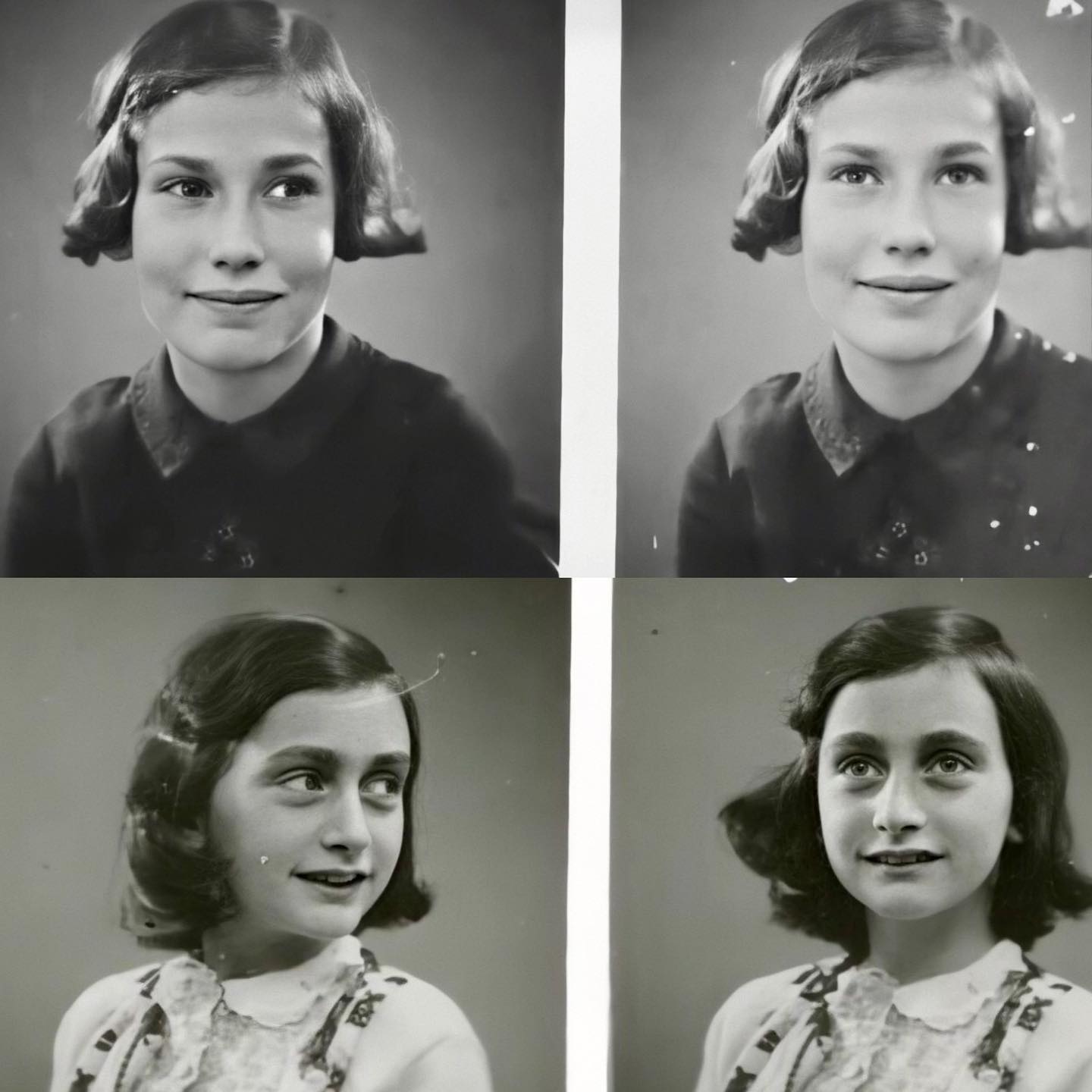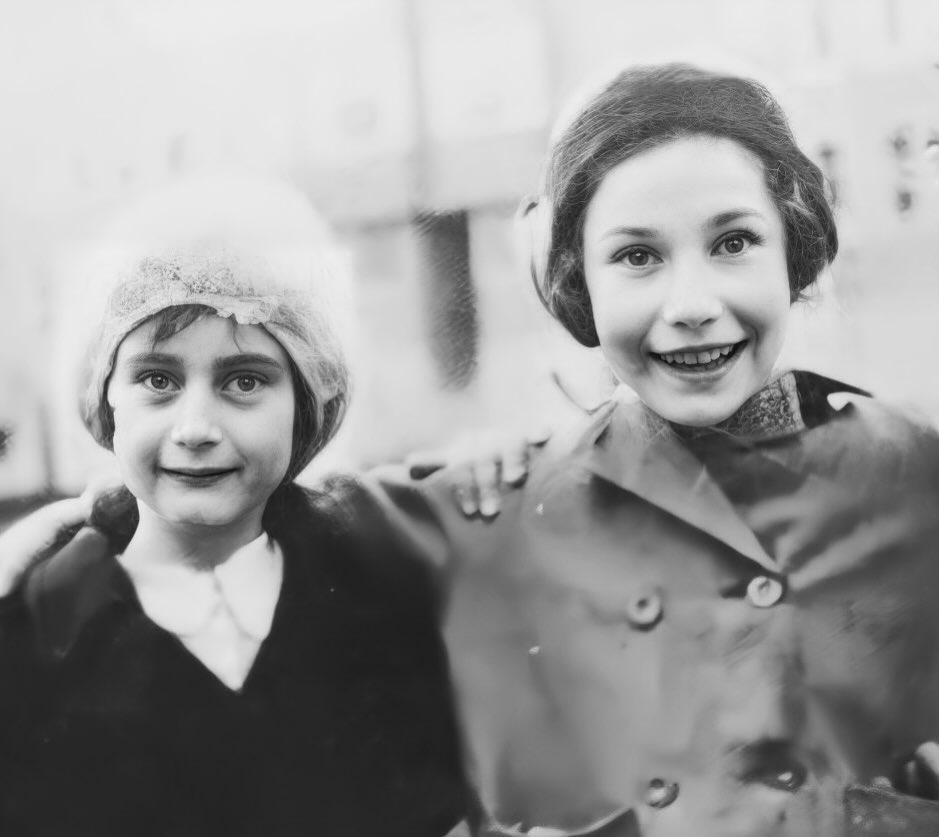The Guilt of the Survivor
On December 29, 1943, Anne Frank wrote one of the most psychologically complex and heartbreaking entries in her diary. Confined in the Secret Annex, her dreams brought back two figures who symbolized both comfort and crushing fear: her beloved Grandma and her friend, Hanneli (Hannah Goslar).

The memory of Hanneli led to a searing moment of self-recrimination. Anne recognized that Hanneli was a “reminder of what my fate might have been,” and she constantly saw herself in her friend’s terrible place. This realization triggered a profound sense of survivor’s guilt:
“So why am I often miserable about what goes on here? Shouldn’t I be happy, contented and glad, except when I’m thinking of Hanneli and those suffering along with her?”

Anne harshly judged her own emotional struggles, calling herself “selfish and cowardly” for being miserable when others were suffering far worse. Her fear was so overwhelming that she felt the urge to “scream in terror,” and she connected this all to her deepest spiritual struggle: “Because, in spite of everything, I still don’t have enough faith in God.”
This entry is a powerful testament to the immense psychological toll of the Holocaust. It shows Anne wrestling with the great questions of suffering, faith, and morality. She was not just a girl in hiding; she was a thinker who bravely confronted the darkest corners of her own fear and the terrible injustice of the world outside her window.